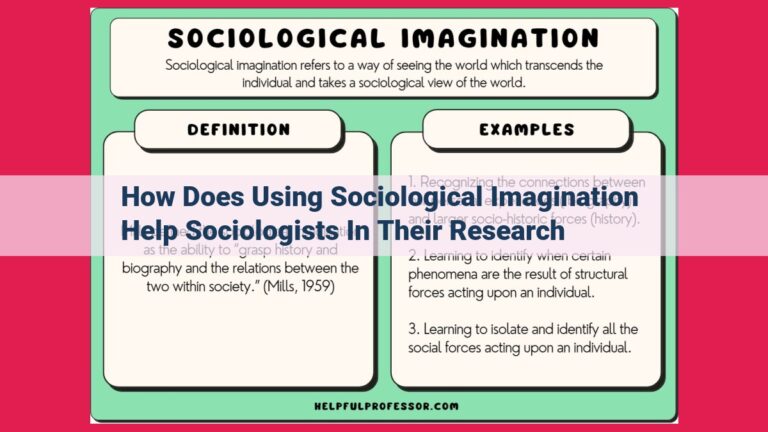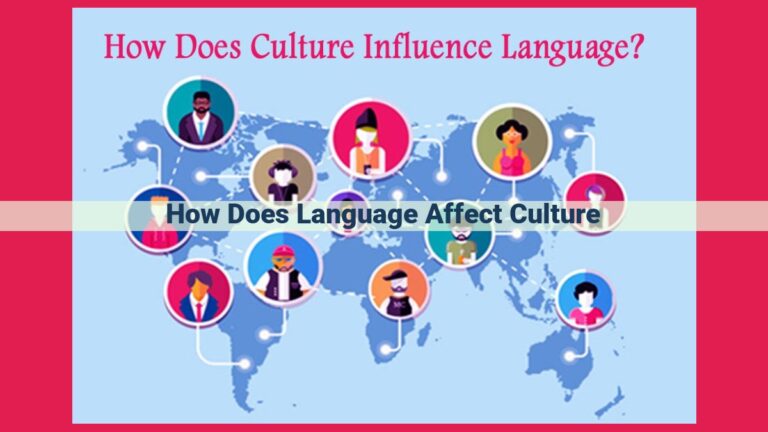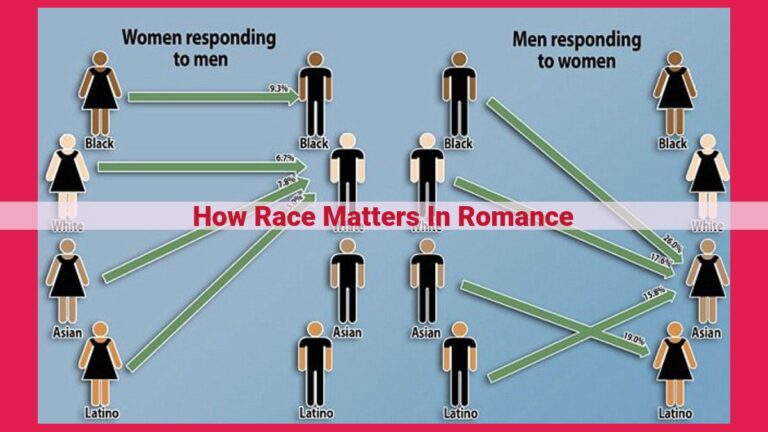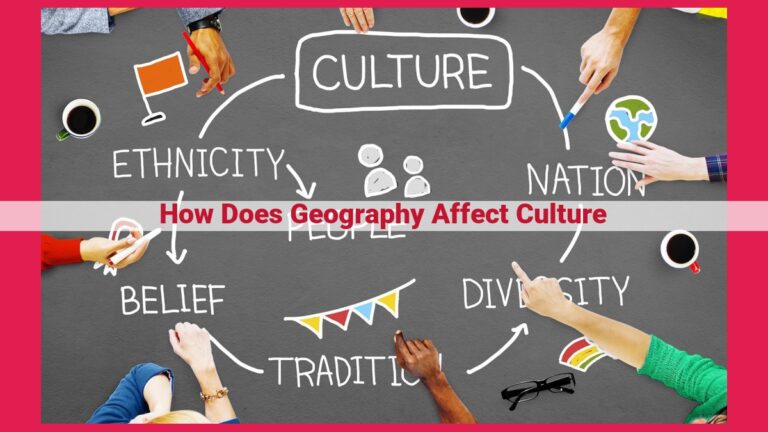The Impact Of Diversity On The Humanities: A Transformative Force For Intercultural Exchange And Critical Analysis
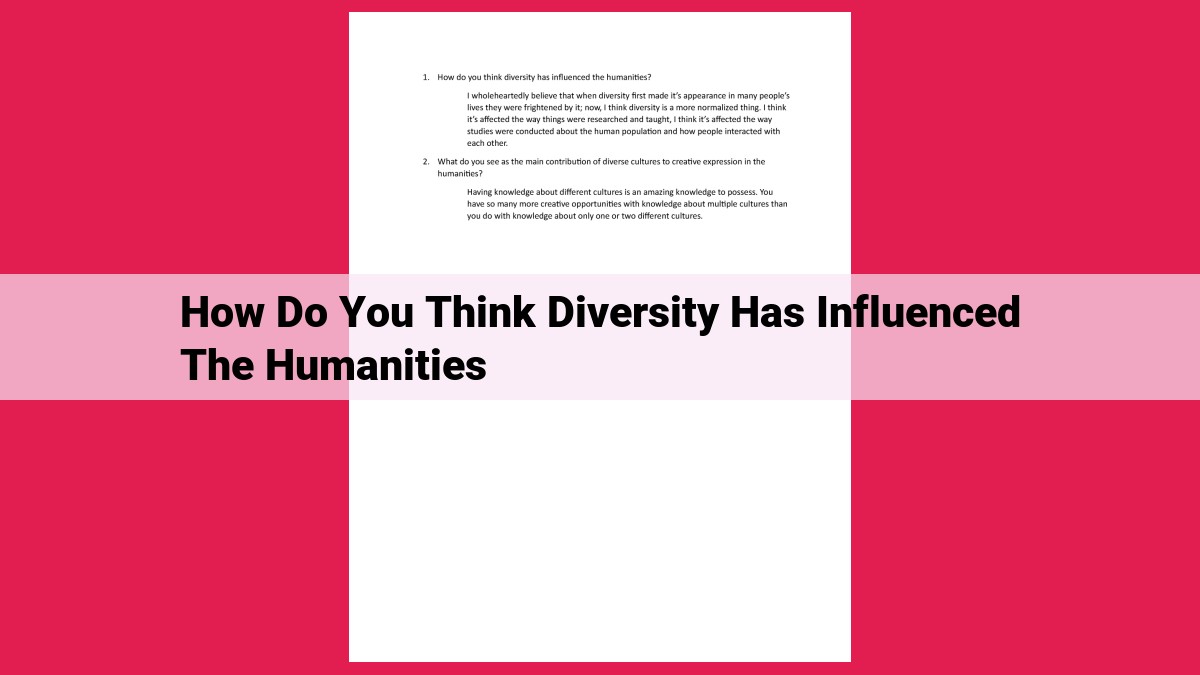
Diversity has profoundly enriched the humanities by fostering intercultural dialogue, embracing pluralism, and celebrating cultural variety. It has prompted the adoption of transnational and global perspectives, revealing the interconnectedness of societies and the exchange of ideas. Interdisciplinary approaches, critical theory, postcolonialism, and feminist theory have emerged as powerful tools for analyzing social structures, uncovering power dynamics, examining colonial legacies, and exploring gender and identity.
Interculturalism: Fostering Dialogue and Understanding
In a world of ever-increasing globalization, the importance of interculturalism has become paramount. Interculturalism encompasses the principles of multiculturalism, pluralism, and transnationalism, promoting communication, tolerance, and respect among diverse cultures.
Multiculturalism celebrates the rich tapestry of cultural variety, recognizing the value of each culture’s unique heritage and perspectives. It fosters a sense of belonging and inclusion, allowing individuals to feel valued and connected within a diverse society.
Pluralism, on the other hand, emphasizes the coexistence of multiple perspectives and beliefs. It encourages tolerance, dialogue, and the acceptance of differences as a source of enrichment rather than division. Pluralism creates a society where diverse viewpoints can thrive side by side.
Transnationalism, meanwhile, transcends national boundaries, interconnecting cultures through the movement of people and ideas. It promotes cultural exchange, breaking down barriers and fostering a shared understanding of human experiences. By recognizing the interconnectedness of the world, transnationalism helps us appreciate the richness of global perspectives.
Together, these principles form the foundation of interculturalism, a philosophy that promotes harmonious interactions among diverse cultures. By embracing dialogue, tolerance, and respect, interculturalism creates a fertile ground for understanding, fostering a world where differences are celebrated and unity prevails.
Embracing the Tapestry of Pluralism: A Path to Harmony and Belonging
Pluralism: A Keystone of Social Tapestry
Pluralism, a fundamental pillar of thriving societies, embraces the beautiful diversity of human cultures, perspectives, and identities. It recognizes the richness that each thread of our collective humanity contributes to the vibrant tapestry we call society. A pluralistic society celebrates inclusiveness, cherishing the unique contributions of all its members, regardless of their differences.
Weaving a Sense of Belonging
At the heart of pluralism lies the cornerstone of inclusiveness. It’s not enough to simply acknowledge diversity; we must actively cultivate an environment where every individual feels welcomed, respected, and valued. This means creating spaces where people can share their experiences, perspectives, and cultural practices without fear of judgment or marginalization. When we foster inclusiveness, we weave a sense of belonging that allows all members of society to feel connected and empowered.
Tolerance: The Bridge of Understanding
Pluralism thrives on the foundation of tolerance, a vital virtue that bridges divides and builds understanding. It calls upon us to respect and accept differences, even when we may not fully understand or agree with them. By embracing tolerance, we foster an environment of open dialogue, where diverse perspectives can be shared and considered without animosity. Tolerance serves as a bridge, connecting us across the chasms of difference and fostering a spirit of curiosity and empathy.
Embracing Diversity: A Path to Harmony
In the embrace of diversity, we discover the true essence of pluralism. Our differences enrich us, broadening our horizons and challenging our assumptions. When we celebrate diversity, we break down barriers and create a society that is vibrant, resilient, and adaptable. By embracing the myriad colors and textures that make up our world, we weave a more harmonious and fulfilling tapestry for all.
Multiculturalism: Celebrating Cultural Variety
- Explore the benefits of multiculturalism, such as cultural exchange, social cohesion, and preservation of heritage.
- Emphasize the need for intercultural communication and respect for cultural differences.
Multiculturalism: Embracing the Symphony of Cultures
In a kaleidoscope of colors and a harmony of voices, multiculturalism emerges as a vibrant celebration of cultural diversity. This vibrant tapestry enriches our societies, fostering a profound understanding and appreciation of the unique contributions of every thread.
At its core, multiculturalism advocates for the preservation of cultural heritage. It recognizes that each culture holds a wealth of knowledge, traditions, and values that contribute to the collective mosaic of humanity. By embracing this diversity, we honor the past and secure a rich future for generations to come.
Furthermore, multiculturalism fosters cultural exchange, allowing individuals to learn and grow from one another. This cross-cultural pollination sparks creativity, innovation, and a deeper appreciation for different perspectives. The sharing of languages, art, music, and cuisine creates a vibrant and dynamic social fabric that enriches the lives of all who participate.
In the tapestry of multiculturalism, social cohesion plays a pivotal role. By breaking down barriers of prejudice and stereotypes, we create a sense of inclusivity and belonging. When individuals feel valued and respected for their unique backgrounds, they contribute more fully to their communities, fostering harmony and progress.
However, it’s essential to emphasize the importance of intercultural communication and respect for cultural differences. Genuine dialogue based on empathy and understanding allows us to bridge cultural gaps and build meaningful connections. By actively listening to and learning from one another, we foster a society where diversity is celebrated, and all voices are heard.
Transnationalism: Crossing Boundaries and Connecting Cultures
*Transnationalism, a dynamic concept, captures the interconnectedness of individuals and communities across national borders. It transcends physical boundaries, fostering cross-cultural exchange and shaping the global landscape.
In an increasingly interconnected world, people and ideas migrate across nations. This movement has profound implications for the humanities. Transnational experiences broaden perspectives, expose individuals to diverse customs, and spark cultural dialogue. By breaking down barriers between cultures, transnationalism promotes understanding and empathy.
Moreover, transnationalism enriches the humanities by fostering a dialogue between different cultures. Literature, art, and music transcend national boundaries, serving as vehicles for cultural expression and exchange. Transnational artists and scholars share their perspectives, challenge norms, and create new forms of cultural expression. This cross-pollination of ideas enriches the global tapestry and sparks creativity.
The movement of people and ideas across borders also challenges traditional notions of identity. Individuals who navigate multiple cultures may develop hybrid identities, blending elements from their home and host cultures. This intercultural fusion creates new perspectives and worldviews, challenging the narrow confines of national identity.
In conclusion, transnationalism plays a vital role in shaping the global humanities. It connects cultures, fosters cultural exchange, and promotes understanding. By embracing the interconnectedness of the world, we unlock a wealth of knowledge, creativity, and empathy. Transnationalism empowers us to bridge cultural divides, celebrate diversity, and build a more inclusive global community.
Globalization: Interconnecting the World
In today’s interconnected world, globalization has become an unavoidable force, reshaping every aspect of our lives, including the humanities. Globalization encompasses the multifaceted interplay of economic, political, social, and cultural exchanges that transcend national borders, fostering unprecedented interconnectedness among nations.
The Effects of Globalization on the Humanities
Globalization has had a profound impact on the humanities, opening new avenues for cultural exchange and intellectual exploration. The free flow of ideas, art, and information across borders has enriched our understanding of different cultures and perspectives. Globalization has enabled us to delve into diverse literary traditions, appreciate foreign films, and engage with scholars from far-flung corners of the world.
Interconnectedness and Exchange
The interconnectedness brought about by globalization has created a fertile ground for the exchange of ideas and collaborations among scholars, artists, and intellectuals. Virtual platforms and international conferences facilitate these exchanges, enabling cross-cultural pollination and the emergence of new interdisciplinary approaches.
Challenges and Opportunities
While globalization offers immense opportunities, it also presents challenges. The rapid spread of information can lead to cultural homogenization, threatening the preservation of unique traditions and languages. Moreover, economic inequalities and political tensions can arise as nations navigate the complexities of globalization.
Globalization has woven the world into an intricate tapestry of interconnectedness, fundamentally shaping the humanities. It has expanded our cultural horizons, fostered intellectual collaborations, and raised critical questions about identity, equity, and the future of global society. Understanding the multifaceted nature of globalization and its effects on the humanities is crucial for navigating the complexities of our interconnected world.
Interdisciplinary Approaches: Uniting Perspectives
In the realm of humanities, interdisciplinary approaches shine as beacons of innovation, illuminating complex issues from multifaceted angles. These approaches transcend the confines of a single discipline, combining perspectives to paint a more intricate tapestry of understanding.
At the heart of interdisciplinary ventures lies the recognition that social structures and experiences are inextricably intertwined. By merging the insights of critical theory, feminist theory, and postcolonialism, researchers can delve into the nuanced dynamics that shape our world.
Critical theory exposes the power dynamics that perpetuate inequalities, empowering us to challenge unjust systems. Feminist theory unveils the intricate intersections of gender, race, class, and sexuality, providing a lens through which to examine the lived experiences of marginalized communities. Postcolonialism grapples with the enduring legacies of colonialism, shedding light on the persistent power imbalances and their contemporary implications.
Together, these interdisciplinary approaches form a formidable alliance, amplifying voices and providing a more inclusive understanding of the human condition. They empower us to question assumptions, challenge norms, and envision a more just and equitable society.
**Critical Theory: Unveiling the Hidden Structures of Power**
In the realm of humanities, critical theory stands as a powerful lens through which we can dissect the complex interplay of social systems and inequalities. It delves into the hidden structures of power, exposing the ways in which they shape our experiences and perpetuate injustice.
Critical theorists believe that power is not simply a top-down force wielded by the elite, but rather a pervasive and multifaceted phenomenon that permeates all aspects of society. They argue that dominant ideologies and social norms often serve to legitimize and maintain existing power structures, obscuring the true nature of power relations.
One of the key strengths of critical theory is its ability to uncover these hidden power dynamics. By scrutinizing language, discourse, and social practices, critical theorists reveal the ways in which power is used to construct and shape our understanding of the world. They expose the discourses of power that perpetuate inequality and marginalization, empowering us to challenge and resist these oppressive forces.
Beyond its analytical power, critical theory also serves as a catalyst for social justice. It provides a framework for understanding the root causes of inequality and injustice, allowing us to identify opportunities for change. By raising awareness of the oppressive structures that perpetuate social problems, critical theory empowers us to demand a more just and equitable society.
In a world where power imbalances and social inequalities persist, critical theory remains an indispensable tool. It provides a lens through which we can critically examine the world around us, empowering us to challenge oppressive structures and work towards a more just and equitable society.
Postcolonialism: Unraveling the Shadows of Colonial Legacies
Introduction:
Embark on a journey through the captivating realm of postcolonialism—a lens through which we examine the profound impact of colonialism on our world. From the erasure of indigenous cultures to the perpetuation of power imbalances, postcolonialism unravels the complexities of this era and its lasting consequences.
The Concept of Postcolonialism:
At its core, postcolonialism is a critical theory that analyzes the enduring effects of colonialism. It delves into the ways in which former colonies continue to be shaped by the political, economic, and cultural influences of their past colonizers.
Consequences of Colonialism:
Colonialism has left an indelible mark on societies around the globe. It has:
* Disrupted indigenous cultures and ways of life, leading to cultural erasure and assimilation.
* Established power imbalances that favor former colonizers, perpetuating inequality and exploitation.
* Created artificial borders that divide communities and hinder social cohesion.
Contemporary Implications:
The shadows of colonialism continue to cast over nations today. Neocolonialism, for example, perpetuates economic control and political influence in former colonies. Moreover, postcolonial societies grapple with:
* Identity struggles, as individuals negotiate their own identities in the wake of colonization.
* Social unrest, as marginalized communities seek to reclaim their voices and rights.
* Cultural appropriation, as cultural practices and traditions are commodified without due respect for their origins.
Conclusion:
Postcolonialism offers a critical lens through which we can understand the complexities of the colonial legacy and its ongoing implications. By acknowledging the power imbalances and cultural erasure that colonialism has wrought, we can work towards creating a more just and equitable world that embraces diversity and respects the rights of all peoples.
Feminist Theory: Unraveling the Interwoven Strands of Gender and Identity
Feminist theory, a multifaceted and evolving field of study, unveils the intricate tapestry of gender inequalities and their profound impact on social experiences and structures. This theory challenges traditional notions of gender as a binary and immutable category, recognizing instead the fluid and diverse nature of gender expression and identity.
A central tenet of feminist theory is the intersectionality of gender with other social factors, such as race, class, and sexuality. This intersectionality acknowledges the complex ways in which different forms of oppression and discrimination intersect and shape the lives of individuals. For instance, a woman of color may navigate a unique set of challenges and experiences that differ from those of a white woman or a man of color.
Interdisciplinary approaches are essential to fully grasp the complexities of feminist theory. Drawing from critical theory, postcolonialism, and other perspectives, feminist scholars explore the ways in which power dynamics and social structures shape and perpetuate gender inequalities. Through these interdisciplinary lenses, feminists uncover hidden structures of oppression, advocate for social justice, and promote transformative change.
Feminist theory has made significant contributions to our understanding of the social construction of gender and its impact on individuals and society. It has fostered a deeper appreciation of the diverse experiences of women and other marginalized groups, and has spurred a global movement for gender equality and women’s empowerment. By continuing to challenge and interrogate societal norms and structures, feminist theory remains a vital tool for understanding and addressing the enduring challenges of gender inequality and creating a more just and equitable world.
